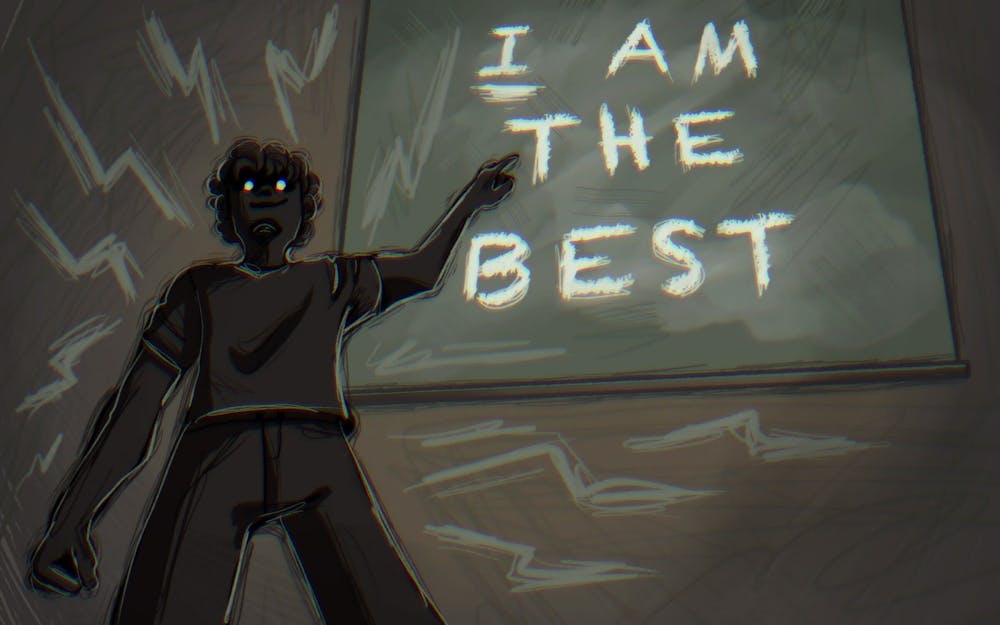I am a child from the participation-trophy era. I got validation from my parents, my sisters and my coaches, who coached the dreadful local basketball and soccer leagues I participated in while growing up. I was not even good at sports. Our youth's generation is led to the misbelief that we are all champions. Each trophy we received, our egos got a little bit bigger.
IU did not start passing out participation trophies when I looked at its different clubs and activities. I will openly admit — I came to IU feeling superior to my colleagues. I quickly rationalized I am among some future leaders, and growth happens over a prolonged period of time, not immediately.
Each day, I grow from the last. I questioned for a long time this fall: why did I get rejected from so many clubs?
As humans, we must realize we are not invincible. You are not cut out for everything, a difference from what is infused in the participation trophy. I was always told by people around me that you miss 100% of the opportunities not taken, something that’s rarely supported.
Rejection is all right. But after rejection, we often seek validation from those around us.
In the fall, I rushed Phi Delta Epsilon, a pre-med professional fraternity. I poured a week into showing up to rush events and getting to know the people involved. I made it to a second round of interviews. Absolutely no shame, but at the end of the day, I was rejected. It was for the best, because when IU started to feel like home in mid-October, pre-med was no longer an interest of mine.
I ended up writing opinions for the IDS near the end of the semester. I wrote about social media taking over our lives, so I logged off of Snapchat.
I did some research in IDS archives and realized I was not alone in an effort to log off social media. In a different article, it talked about avoiding Instagram because of feelings of inferiority. Long social media log-offs are hard to pull off because society is active on various platforms. Goals are easier said than done.
Those around us continue seeking approval. Validation is something a lot of people desire. People obtain it from attempting to be a teacher's pet, people fall back on dating apps to remind themselves that they are lovable or good looking and some might blatantly rely on friends asking for advice and support not openly needed.
What is the solution to the validation-seeking problem, and is it wrong?
Honestly, in my opinion, it is wrong. As students, we are pestered by extra time. We get bored. This leaves us wanting to feel accepted by society. If students had less availability, it could reduce the amount of time to engage in validation-seeking behaviors. Additionally, more time dedicated to public service could ultimately reduce your selfishness.
It is time to stop comparing ourselves to others. Social media is a disservice: likes do not define us. Imagine what would happen if you funneled the trust you had in that future TikTok into a different form of trust where you trusted the idea you love yourself.
Bonnie Zucker wrote an article about using social media for positive reasons, not using it for dependable validation. She talks about social media being bad when it has malicious intentions. You can break the validation-craving cycle through awareness, mindfulness posting and alternate activities such as writing down things for which you are grateful.
Be aware of actions in and out of the classroom. Are you answering questions because you want praise from the teacher, or are you answering questions because everyone would benefit from your response?
Reframing your thoughts and actions can go a long way. Fight the urge to be the best, and rather, do something for someone else. We are not in this world for the participation trophy. We are here learning, growing, loving and supporting one another within our communities.
John Hultquist (he/him) is a junior studying community health with a double minor in urban planning and community development and nutrition.






